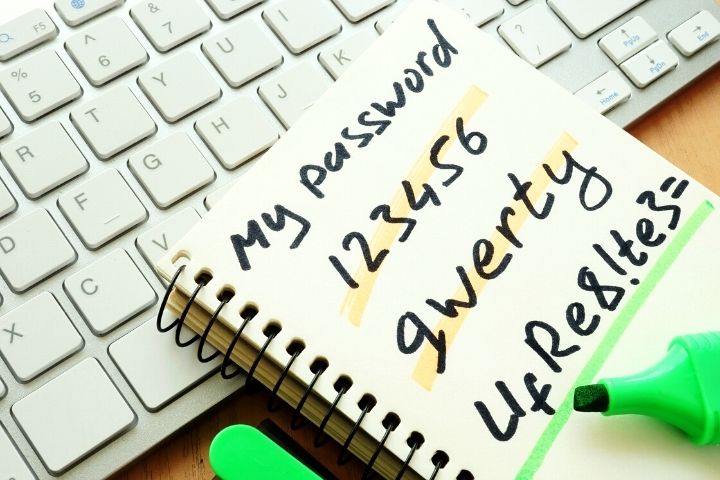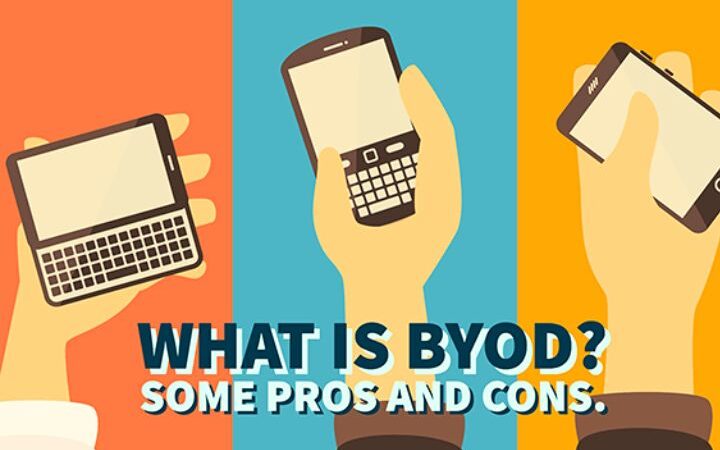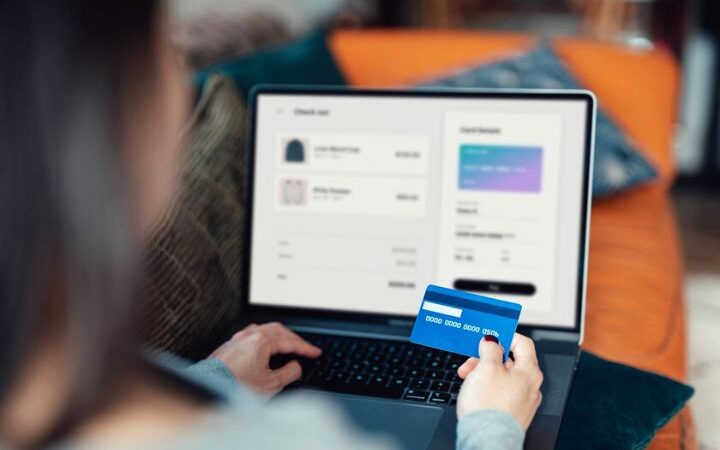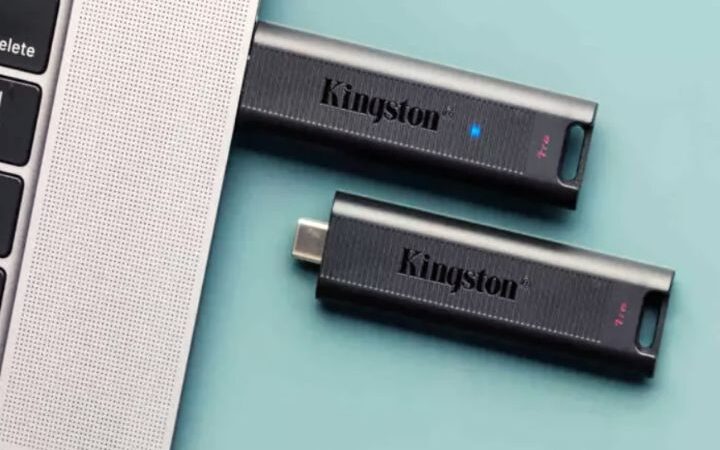Typical Mistakes We Make When Using Our Passwords And How To Correct Them

Table of Contents
Strong Passwords
Are you one of those who recycles your passwords? Do you use your date of birth or the name of your pet? Perhaps you identify more with the use of strings of numbers or letters such as the typical “123456” or “qwerty”.
These types of practices are very common among users and after reading the following article about the most common mistakes when creating a password, you are probably rethinking whether you should change yours.
Why Create Strong Passwords?
Whether for convenience or ignorance, many of us, the users, usually use the same password in different accounts changing some other character; this is called “recycling passwords”. The risk of this type of practice is very high, since, if one of them is leaked, any cybercriminal would soon violate the security of the rest.
Passwords are the keys that open the door to our personal data, data that we want to keep safe under any circumstances, such as: mobile phone number, email and chat messages, bank transactions, information about online orders, etc.
Preventing our passwords from falling into the wrong hands is something that depends only on us. For this reason, it is so important that, when generating passwords, we generate them securely.
What Are The Most Common Mistakes When Creating A Password?
One in five peoples write their passwords in a notebook so they don’t have to remember them. This is another of the most common mistakes that we usually make as users. Obviously doing this is not a good practice, as anyone who sees it will be able to access our services.
Choosing a good password can sometimes be a challenge, since we have several accounts to protect; These include the password for our computers, our bank account, the social networks we use, our emails and our mobiles, among others.
The best way to start designing a strong and secure password is to use common sense and avoid concepts that are too obvious. An example of this may be the use of words such as “password” or “admin”. We must also avoid personal data. since these are even easier to crack through social engineering techniques or between acquaintances.
It is important to bear in mind that when we create a password, it must be easy to remember, of course, without this fact affecting its robustness. Taking these two aspects into account, we can generate a criterion so that the password is never forgotten, without having to write it down anywhere! We refer to using some mnemonic rule as we will explain later in the article.
In any case, avoid making common mistakes such as the following:
- Recycle passwords: A very common mistake is to use the same password for multiple accounts or applications.
- Memorize passwords based on the keyboard: Many users use the keyboard as a guide to remember passwords easily (eg: “123456” or “qwerty”).
- Using set expressions: another of the most common mistakes is the use of phrases such as “teamo”, “iloveyou”, “teodio”, etc. as passwords.
- Use hobbies: Some fanatical users often use the name of their favorite brands, sports, teams or bands.
- Write them down in notes: even if a strong password has been created, it should never be left in writing, much less visible to anyone.
- Make use of simple patterns: such as the first letter being uppercase followed by 4 or 5 in lowercase or using one or two numbers and ending with a special character such as a period or exclamation mark (Ex: Perro26!).
Managing strong passwords shouldn’t be a complicated or difficult task to remember. One option is to replace some letters with similar numbers, for example, “e” for “3”. In this way the key ends up being difficult to crack, but at the same time easy to remember.
The method we use to make our passwords strong is up to us.
Another example could be to use the keyboard keys as a pattern:
Manage Multiple Passwords And Use Of Password Managers
Nowadays, there are many applications that work as password managers. This type of service allows you to store different keys for different services, being able to maintain a large number of user accounts without having to memorize them all.
The system is very simple. Generally, it will be enough to create an account to access our manager by means of a username and password. These access data are the only ones that we will need to memorize, so let’s try not to forget them!
Once inside the service, we will only have to add the account that we want to store, along with its associated service. For example, accounts on different social networks. We will be able to store all the accounts we need, without the worry of having to memorize all your passwords.
Among its advantages are:
- Generate random strong passwords.
- They store all our passwords in an encrypted way. So only we can access them.
- It reminds us that we must change our passwords after a certain time, if they are too weak or if they are repeated in other services.
Our accounts can only be consulted by us and whenever we need it. Some of these services have a version for our mobile devices, so we can always take them with us.
What If Our Passwords Have Been Leaked?
Now, suppose we already have strong passwords and also use a password manager, perfect! But still… our account could be compromised. If credentials for services we use have been leaked, it’s important to know so we can determine if we should change our passwords immediately. It is not uncommon for this to happen, a data leak (users and passwords) was recently made public, known as #Collection1, which affected millions of users around the world.
To check if our credentials of the services in which we are registered have been leaked, we can access this portal “HAVE I BEEN PWNED” which has a database of credentials that have been leaked. It will help us keep up with our accounts and passwords! If we detect that any of our accounts is affected, we must quickly change the password.
Let’s remember the importance of creating strong passwords, the steps we must follow to achieve it, how to manage our credentials of the different services and how to keep up to date with the security of our accounts.
And you, do you think your passwords and credentials are secure enough? Do you identify with any of the most common mistakes? Share your opinions and experiences with other users and stay tuned for new updates to improve the security of your passwords.







